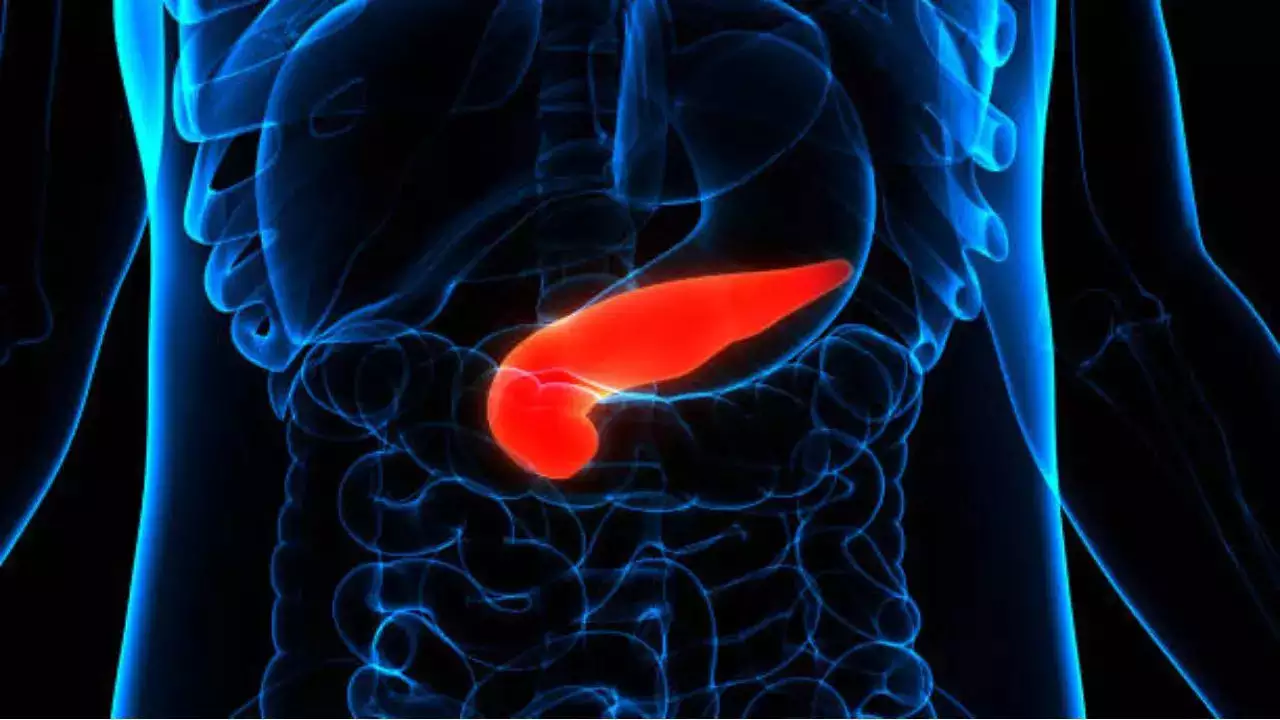
Health conditions that lead to long-term inflammation in your bile ducts do play a major role
Cholangiocarcinoma or bile duct cancer, is a rare, aggressive form of cancer that affects older adults mostly, with the prognosis being uniquely grim. According to Cancer Resear UK, more than 70 per cent of those who are diagnosed will die within just 12 months.
Experts say this is quite a stark figure, especially when all cancers are considered—the one-year survival rate is now over 70 per cent. It happens partially because bile duct cancer is tricky to spot—and that is why it is also called a “silent cancer.”.
Hard-to-detect signs and symptoms of bile duct cancer
Doctors say the condition often hides until it is advanced, by which point it becomes untreatable—and thus, terminal. However, there are a few symptoms, which are very subtle at first and there is not much awareness around them.
A few of these signs and symptoms include:
Tiredness and fatigue
Unusual tiredness and fatigue, which are common indicators of many conditions and diseases. And so, despite resting, if you feel tired all the time, do contact your doctor and seek a thorough investigation.
Pain under ribs
While pain under the ribs sometimes can be due to liver issues or even stomach problems, if it is recurrent, get it checked.
Stomach pain
Stomachache has many reasons, a few of which include indigestion or gut issues. But you must seek a detailed investigation if it does not subside.
Loss of appetite
Loss of appetite does indicate there is something wrong and should be checked properly.
Fever or vomiting
Fever is mostly caused by pathogens and if it becomes recurrent, it means you need to visit the doctor.
What is bile duct cancer?
Experts say cholangiocarcinoma is a rare cancer that starts in your bile ducts—thin tubes that bring bile—a fluid that helps you digest fats, from your liver and gallbladder to your small intestine.
While it is not known what exactly causes cholangiocarcinoma, health conditions that lead to long-term inflammation in your bile ducts do play a major role. Ongoing damage from inflammation leads to changes in cell DNA, which contains instructions that tell cells how to behave. Damaged DNA leads to problems with how cells grow and divide, creating tumours that damage tissue.
Most of the time, experts say these changes are not inherited, and instead, they likely happen during a person’s lifetime.
New treatment for bile duct cancer
Doctors in the UK are hoping to transform the lives of people with deadly bile duct cancer. A new study, which has shown promising early results, matches the patient's tumour to one or more of seven key medicines to drive the disease back.
Some people on the drugs have seen their cancer go into remission, while others have had previously inoperable cancer become suitable for surgery. Doctors say the study will lead to a set of new standards for treating the disease, which currently kills the majority of patients in around a year.
The UK arm of the international work is being run by University College London Hospitals (UCLH) and University College London (UCL), where around 40 people have so far received treatment.
Overall, the study aims to recruit 800 people from all over the world.
In the study, patients diagnosed with the three main types of bile duct cancer—intrahepatic, perihilar, or distal cholangiocarcinoma - or with cancer of the gallbladder could be eligible to take part in the SAFIR-ABC10 trial. They will have their tumours genetically profiled and will then be offered one or more of seven different anti-cancer therapies best matched to their tumour.
Get Latest News Live on Times Now along with Breaking News and Top Headlines from Health and around the world.
